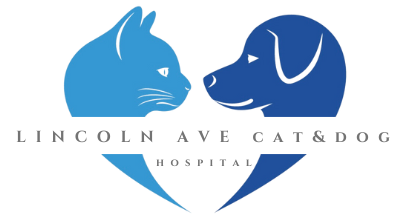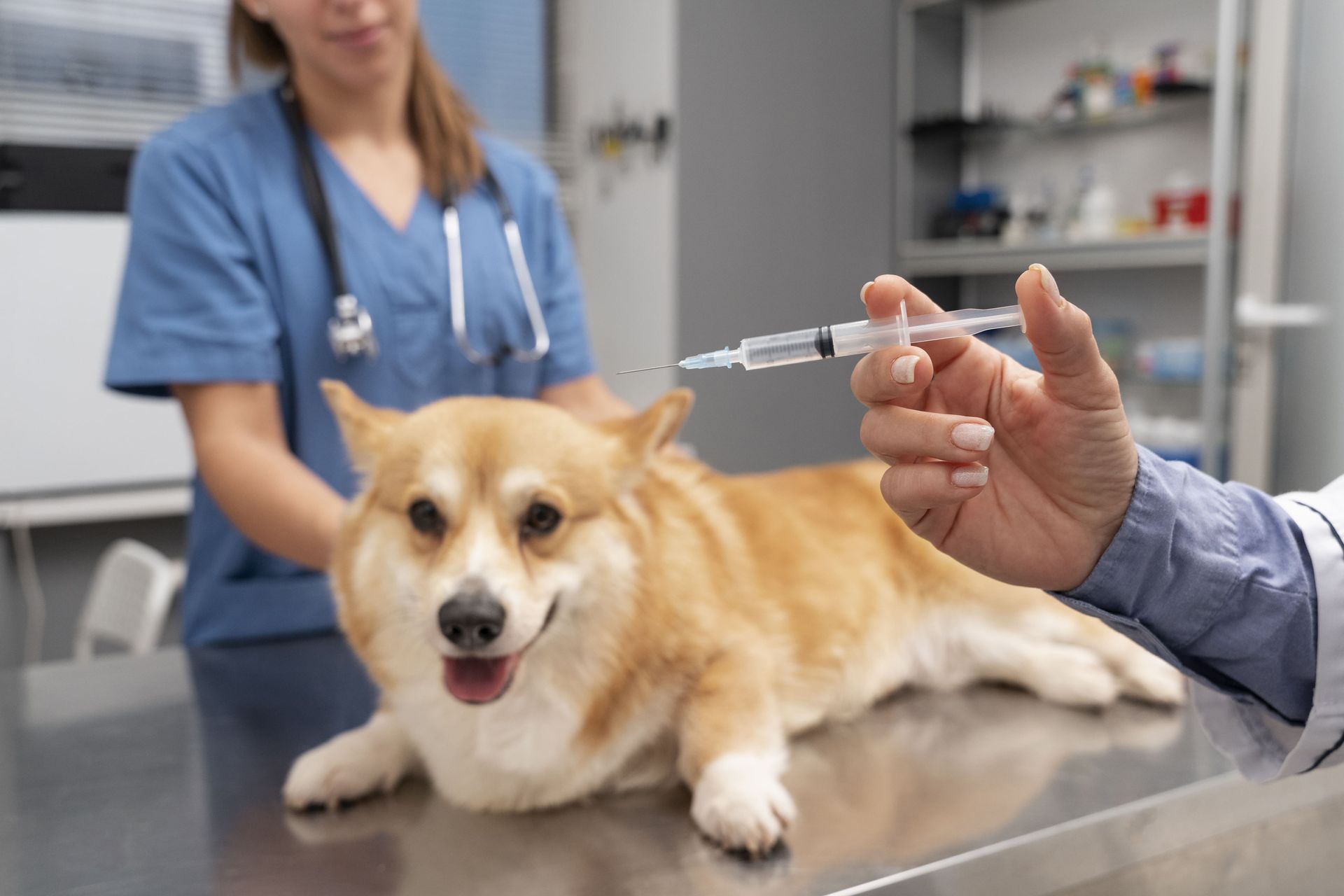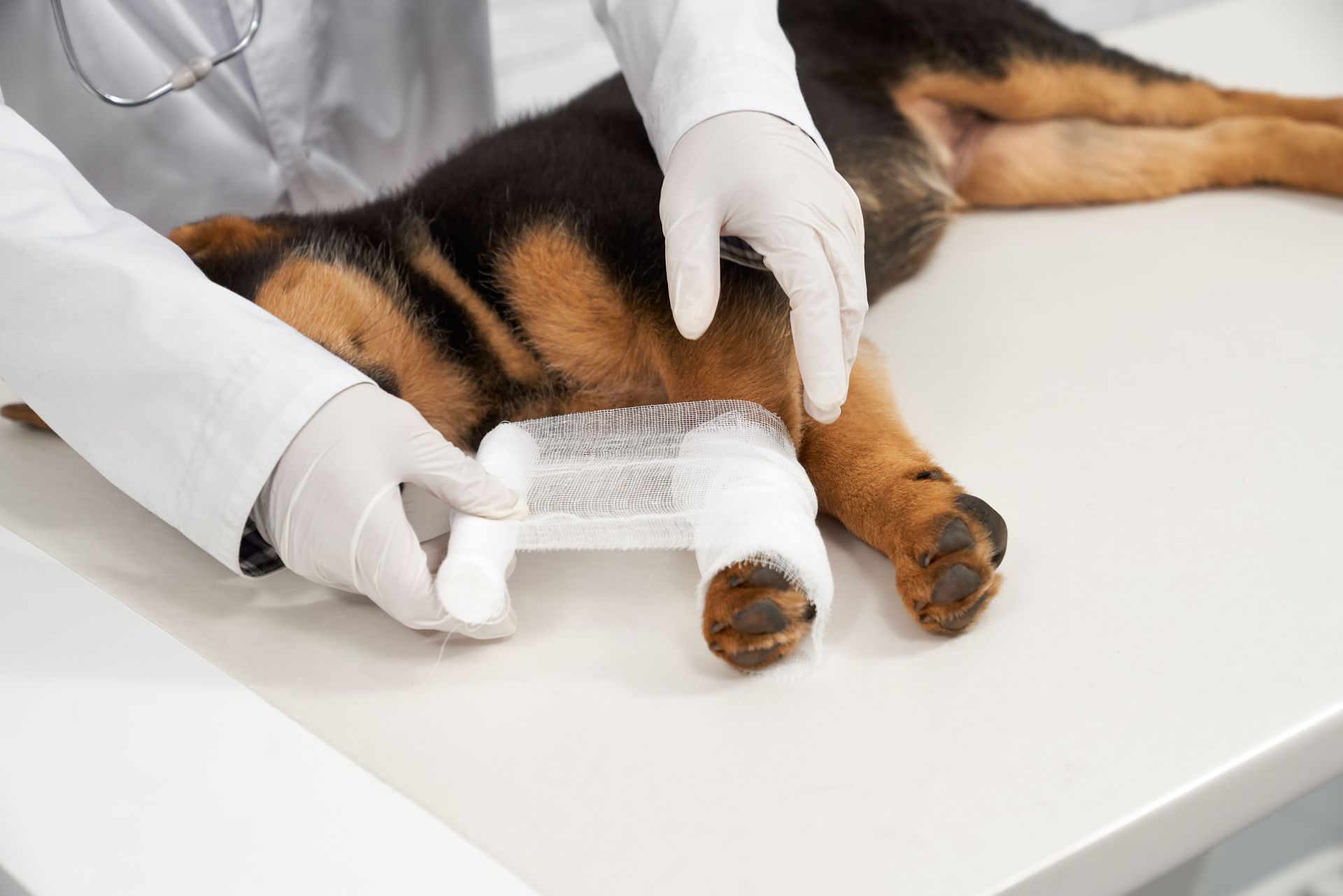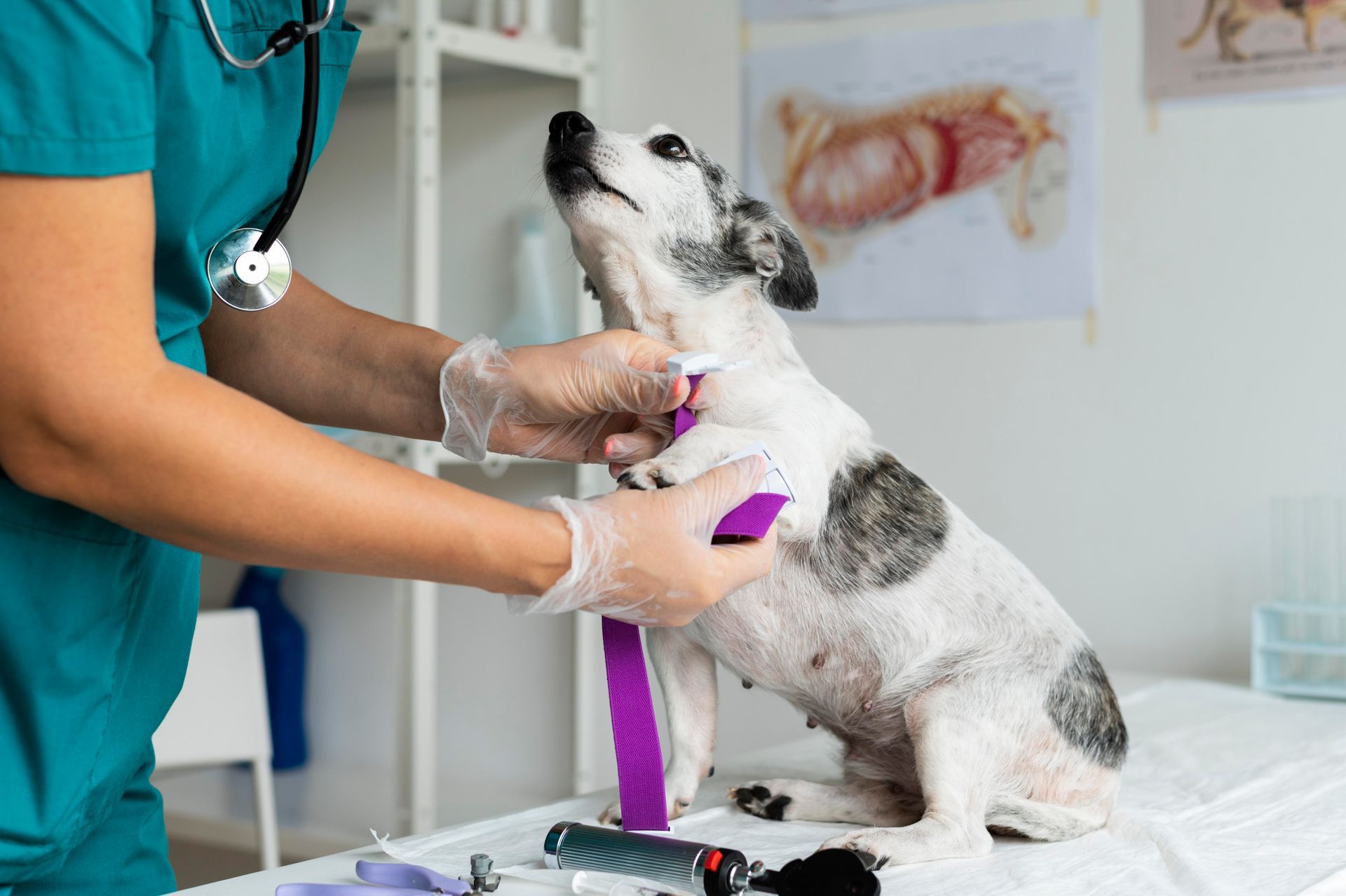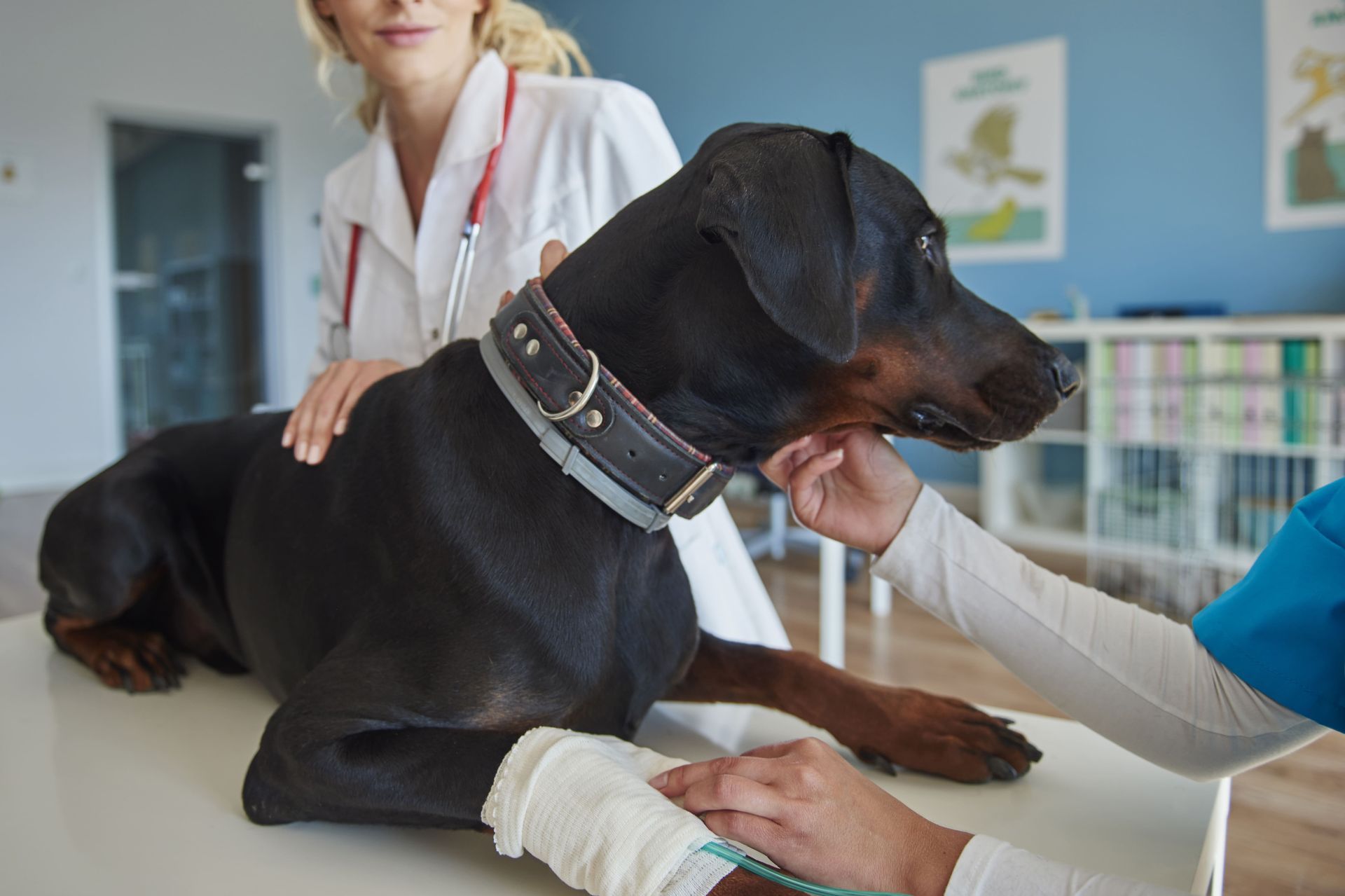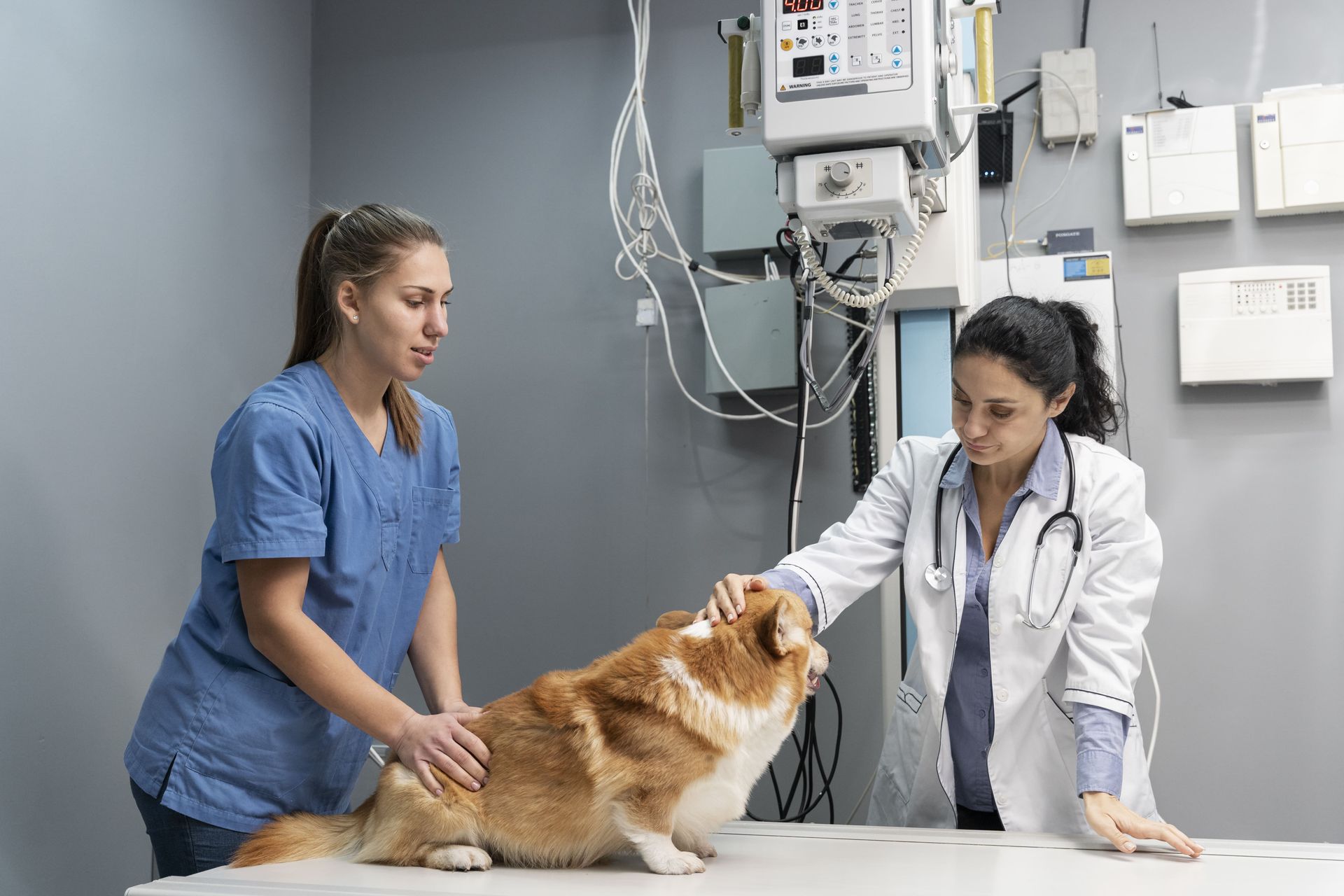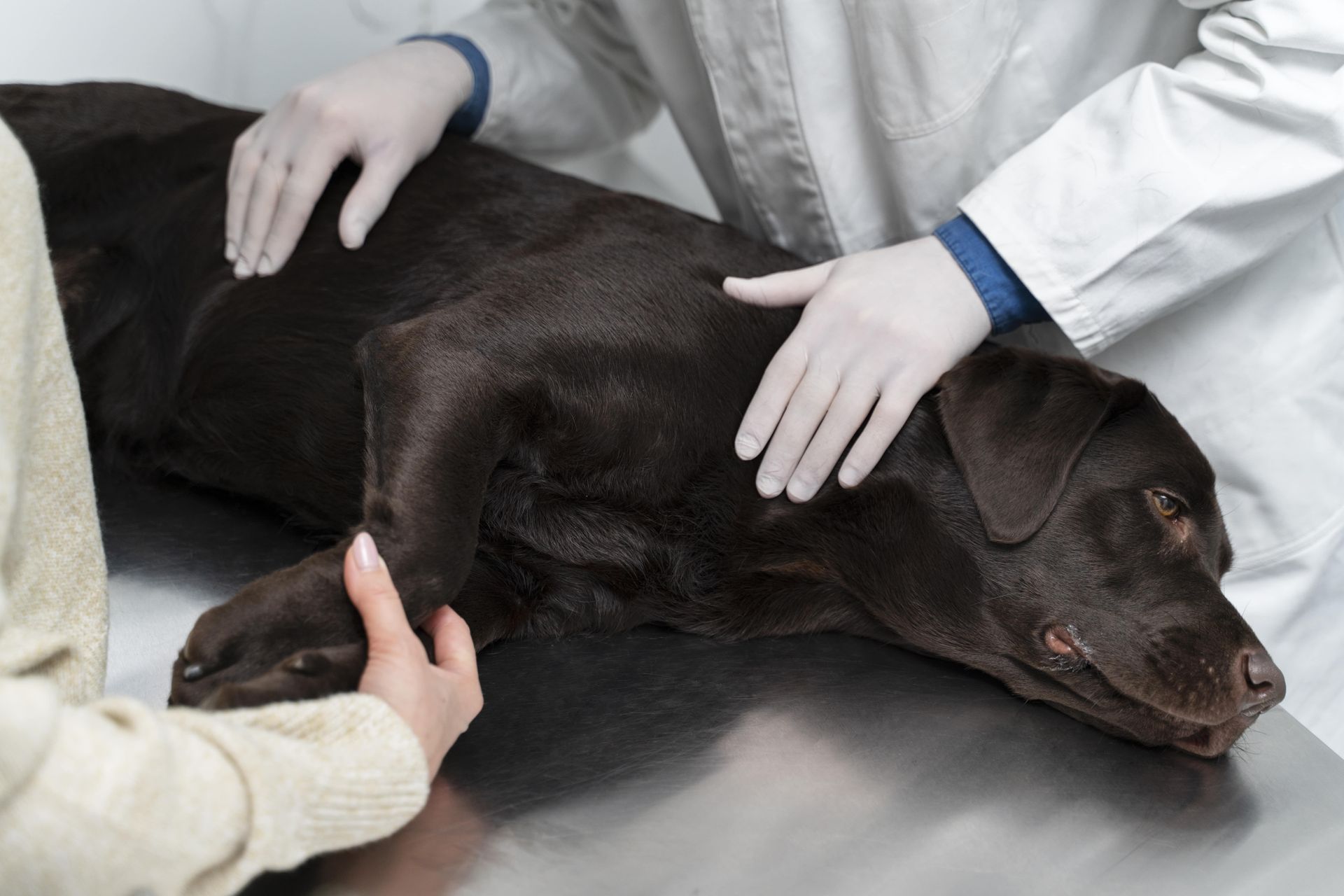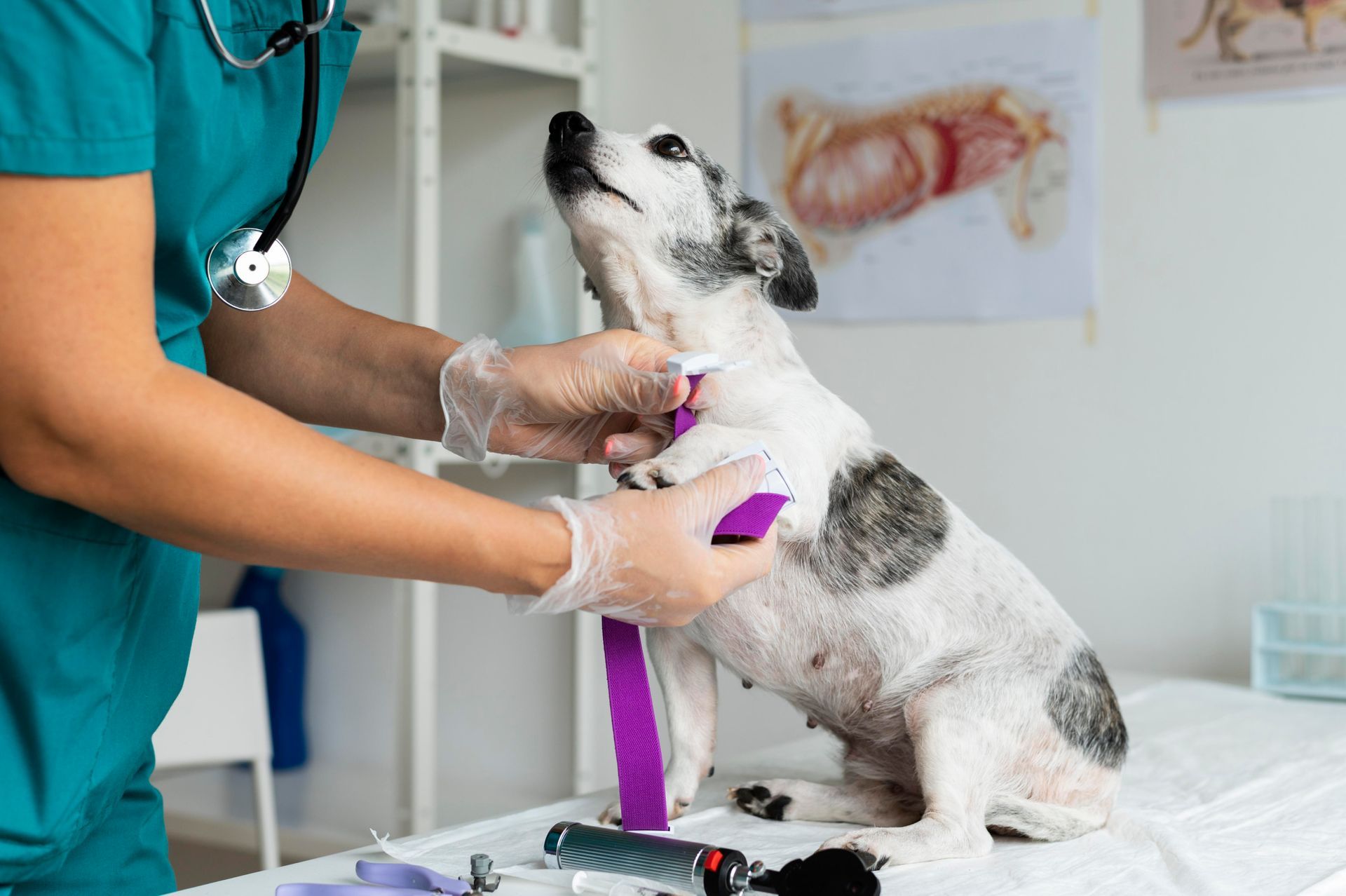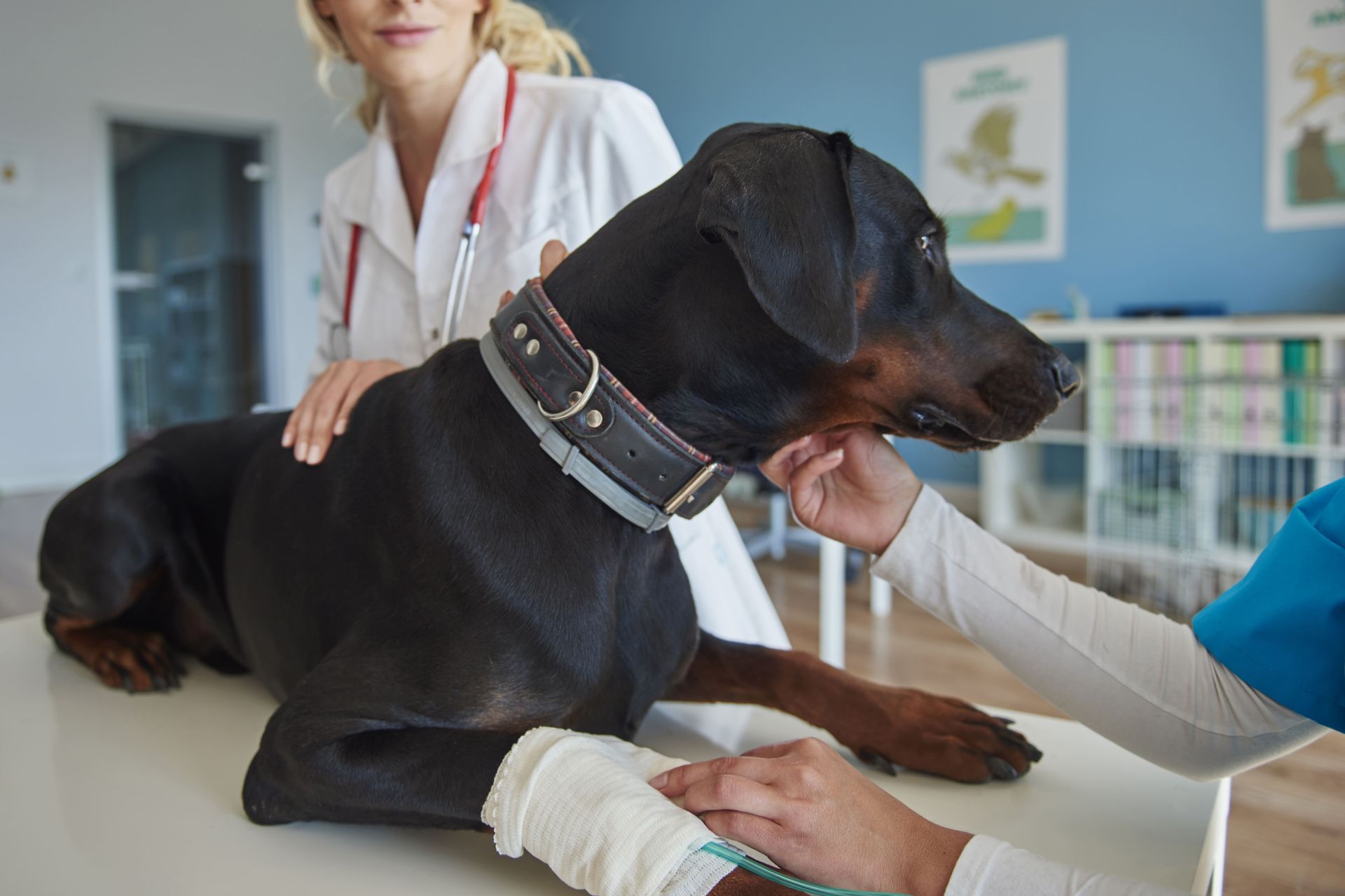12 Reasons Why Regular Check-Ups Are Essential for Older Pets
As our beloved pets grow older, their gray whiskers and slower steps often tug at our hearts. But aging doesn’t mean their best days are behind them—it simply means they need a little extra care to stay happy, healthy, and full of life. Just like we schedule routine health check-ups
for ourselves, our senior furry companions deserve the same attention. That’s where a trusted fair lawn veterinary clinic becomes an essential partner in their golden years. These regular visits are more than just routine—they're opportunities to catch silent health issues, adjust care plans, and ensure comfort as your pet ages gracefully. From aching joints to changing appetites, every small shift in their behavior could signal something bigger. With consistent check-ups, you’re not only giving them medical care—you’re giving them more tail wags, warm cuddles, and joyful moments. Let’s explore the many reasons why these check-ups are vital for your aging best friend.
1. Early Detection of Health Issues
Regular visits to a fair lawn veterinary clinic can catch potential health problems before they develop into serious issues, ensuring your pet stays healthier for longer. As pets age, they become susceptible to a wide array of health complications ranging from kidney and liver diseases to arthritis and cancer. Early detection of such conditions allows for timely intervention and treatment, which can significantly prolong your pet’s life and enhance their quality of living. Moreover, recognizing issues early often means less invasive treatments and procedures, reducing stress and recovery time for your pet.
2. Managing Weight and Nutrition
Older pets often need dietary adjustments. A vet can recommend the best nutrition plan to maintain a healthy weight and prevent obesity-related diseases. As pets age, their metabolism slows down, and they may become less active, making it easier to gain weight. At a wellness checkup, veterinarians assess your pet’s body condition, diet, and lifestyle, offering personalized dietary advice to keep your pet at an ideal weight. This proactive approach can help avert conditions like diabetes or heart disease, which are more common in overweight pets.
3. Addressing Joint and Mobility Concerns
Aging often brings joint problems. Vets can provide management strategies to keep your pet moving comfortably and happily. Conditions such as osteoarthritis are widespread in older animals and can cause significant pain and mobility issues. Regular veterinary visits allow for the monitoring of joint health and mobility, and your vet can recommend treatments such as medications, supplements like glucosamine, or even physical therapy tailored to your pet's needs. These strategies help maintain their mobility and overall happiness and can improve their quality of life significantly.
4. Monitoring Dental Health
Dental issues can lead to severe health complications, especially in older pets. Regular check-ups include dental examinations and necessary treatments. Poor dental health is not just a matter of bad breath—left unchecked, it can result in infections that spread to vital organs, causing further issues. By incorporating dental care into routine check-ups, you ensure that any tooth decay, gum disease, or other oral health problems are addressed promptly, preventing more severe health issues. Regular cleanings and examinations help keep your pet in prime health.
5. Boosting Immune System Support
Regular fair lawn veterinary visits ensure vaccinations and preventive care are up to date, which helps in maintaining a robust immune system. As pets age, their immune system naturally weakens, making them more susceptible to infections and diseases. Regular visits not only keep vaccinations current but also incorporate screenings and treatments to fend off diseases. This vigilance is crucial for preventing illnesses that could otherwise have severe effects on older pets, ensuring they remain as healthy as possible throughout their senior years.
6. Eyesight and Hearing Checks
Vision and hearing can decline with age. Vets can monitor these changes, offering solutions to enhance your pet’s quality of life. Just as in humans, aging pets can experience deteriorating eyesight and hearing, which can lead to changes in behavior or accidents. Through regular check-ups, veterinarians can detect early signs of eye issues such as cataracts or glaucoma, and hearing evaluations to monitor any loss. Timely intervention or management can greatly improve the quality of life for your pet.
7. Pain Management and Comfort
Older pets may experience discomfort that affects their daily life. Regular check-ups allow vets to devise effective pain management plans. Managing pain in senior pets is critical as their thresholds might differ, and they can suffer from chronic conditions that cause discomfort. Veterinarians at regular check-ups can identify pain sources and provide treatments like pain relief medications, lifestyle changes, or alternative therapies like acupuncture or cold laser therapy that can help alleviate your pet’s discomfort and improve their daily life.
8. Behavioral Changes and Mental Health
Behavioral changes can indicate underlying health issues. Vets can identify these and suggest interventions for a happier pet. Changes in a pet's behavior, such as increased aggression or withdrawal, might be signs of discomfort or cognitive decline associated with aging. Regular check-ups enable veterinarians to observe these changes in a broader health context, offering solutions that may include environmental enrichment, dietary changes, or medications. Addressing mental health and behavioral changes keeps your pet happy and mentally healthy.
9. Peace of Mind for Pet Owners
Knowing that your pet is under professional care gives you peace of mind, allowing you to fully enjoy time with your beloved companion. Routine check-ups provide reassurance that all aspects of your pet’s health are being monitored. This proactive approach means issues can be addressed before becoming severe, offering emotional security to pet owners that their senior pets are living well-cared-for lives. Moreover, resolve gained from these regular visits enhances pet ownership, allowing you to focus on enjoying your pet’s joy and companionship.
10. Tailored Care Plans for Individual Needs
Every pet is unique. Regular check-ups ensure that veterinary care is tailored to meet the individual needs of your older pet. A customized care plan that evolves with your pet's changing health ensures targeted treatment for specific conditions like arthritis or dietary needs. Regular consultations with your vet at the Fair Lawn Veterinary Clinic—such as the Lincoln Avenue Cat & Dog Hospital—can help in crafting a comprehensive care plan that considers your pet’s history, current lifestyle, and anticipated health trajectory. This personalized attention leads to better health outcomes and improved quality of life for your pet.
11. Preventive Screenings for Common Diseases
Screenings for common diseases such as diabetes and kidney issues can prevent them from becoming life-threatening. With regular visits, pets undergo comprehensive examinations that can pinpoint health problems early. For example, detecting early signs of diseases such as diabetes allows for prompt lifestyle changes or medication that can manage the disease effectively. Similarly, monitoring kidney function before more severe symptoms manifest means impactful interventions can be applied, averting significant deterioration in your pet’s health.
12. Strengthening the Human-Animal Bond
Regular fair lawn veterinary visits reinforce the loving relationship you share with your pet by ensuring they have the happiest, healthiest life possible. Prioritizing health through regular veterinary appointments demonstrates dedication to your pet’s life quality, reinforcing the bond of trust and affection. Being involved in their care and understanding their health needs ensures your furry friend feels supported and loved. These visits go beyond health; they affirm the commitment to cherishing the time spent together, ensuring experiences filled with vitality and joy.
Conclusion
Caring for a senior pet is a beautiful responsibility that calls for attention, love, and regular professional guidance. With the help of a reliable fair lawn veterinary clinic, such as Lincoln Avenue Cat & Dog Hospital, you can ensure that your aging companion receives the attention they need and deserve. From early detection and nutrition planning to emotional well-being and preventive screenings, these check-ups cover all the bases. Prioritizing veterinary care not only safeguards your pet's health but also deepens the bond you share—making every tail wag and purr even more meaningful. Let those golden years truly shine.
FAQs
Q-1. How often should I take my senior pet to a fair lawn veterinary clinic?
Ans: Most vets recommend check-ups every six months for senior pets to monitor their health closely and catch potential issues early.
Q-2. Are senior pet check-ups different from regular ones?
Ans: Yes, senior check-ups often include more comprehensive screenings like blood work, mobility assessments, and organ function tests tailored to aging pets.
Q-3. What signs should prompt an immediate visit to the vet for my older pet?
Ans: Sudden changes in appetite, mobility issues, persistent coughing, or behavioral shifts should prompt an urgent visit to a fair lawn veterinary clinic.
Q-4. Can dietary changes really help older pets?
Ans: Absolutely. A proper senior-specific diet can manage weight, support joint health, and improve energy levels in aging pets.
